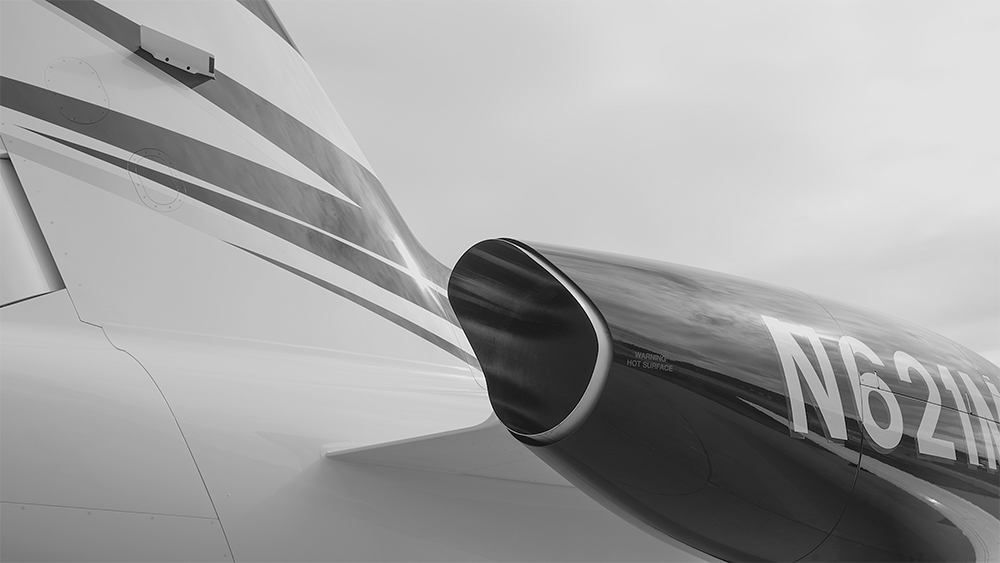
Understanding the Costs of Ownership
The Pilatus PC-12 has earned its reputation as one of the most coveted aircraft on the market, thanks to strong demand, high resale values, and its unique production model. Aspiring owners and operators are naturally curious about the cost of ownership, particularly the hourly operating expenses. In this piece, we’ll delve into the estimated costs of operating a pre-owned Pilatus PC-12, shedding light on why it stands out as a quality investment.
Breaking Down the Estimated Operating Costs
- Acquisition Cost: The initial investment for a Pilatus PC-12 can vary depending on factors such as age, equipment, and overall condition. Prices typically range from $2,000,000 to $6,000,000. While the upfront cost may seem significant, the PC-12’s strong residual value helps offset this expense in the long run.
- Variable Cost: The hourly variable costs include expenses such as fuel, maintenance reserves, and landing fees. For the PC-12, these costs range from $750 to $1,000 per hour, which is relatively competitive given the aircraft’s capabilities and performance.
- Fixed Cost: Fixed costs cover items like insurance, hangar fees, and pilot’s salary. On average, fixed costs for the PC-12 fall between $250,000 and $300,000 annually.
- Training Fee: Proper pilot training is crucial for safe and efficient operation. Initial training fees typically range from $12,000 to $15,500, while recurrent training costs are approximately $6,000.
All costs considered, it is important to keep some other things in mind when deciding whether to purchase a pre-owned Pilatus PC-12 aircraft.
Demand and Resale Value: A Solid Backbone
Since its inception, the Pilatus PC-12 has enjoyed unwavering demand. Its versatility, spacious cabin, and impressive performance capabilities have made it a sought-after choice for various missions, from executive travel to medical evacuations. The strong demand, coupled with the Swiss manufacturer’s pre-planning and design prowess, has contributed to the aircraft’s high residual values. Owners find comfort in knowing that their investment retains its worth over time, making the PC-12 a relatively secure asset in the aviation market.
A Small Batch Production Model
One of the key factors contributing to the PC-12’s high resale value is its unique “small batch” production model. Unlike mass-produced aircraft, Pilatus manufactures the PC-12 in smaller quantities, which allows for meticulous attention to detail and exceptional quality control. This approach ensures that each aircraft is built to the highest standards, further enhancing its appeal to discerning buyers. The scarcity created by this production model adds to the aircraft’s allure and contributes to its strong market demand.
Cost Comparison: Twin Engine Aircraft
When considering the costs of owning an aircraft, it’s essential to compare the PC-12 against similar-sized twin-engine turbine-powered aircraft with comparable range and payload capabilities. The PC-12 comes out as the cost-effective choice in this comparison. On average, the entry price and hourly operating costs of the PC-12 are approximately half that of its twin-engine counterparts. This cost advantage has made the PC-12 a popular option among budget-conscious buyers and operators looking to maximize their investments.
In Summary
The Pilatus PC-12’s impressive demand, high resale values, and cost-effectiveness have solidified its position as one of the most coveted aircraft on the market. While the initial acquisition cost may require a substantial investment, the PC-12’s unique production model and operational efficiency contribute to its long-term value. Aspiring owners and operators seeking a versatile, reliable, and cost-effective aircraft can confidently consider the Pilatus PC-12 as a rewarding addition to their aviation portfolio.
So, when someone asks, “How much does a PC-12 cost per hour?” they are probably looking for the variable costs, in which case, the Pilatus PC-12 variable costs range from $750 to $1,000 per hour. With acquisition costs, fixed costs, and cost of training obviously play into the overall operating cost. If you’d like a cash flow analysis for your particular situation, contact JetSwiss. We are happy to help.
